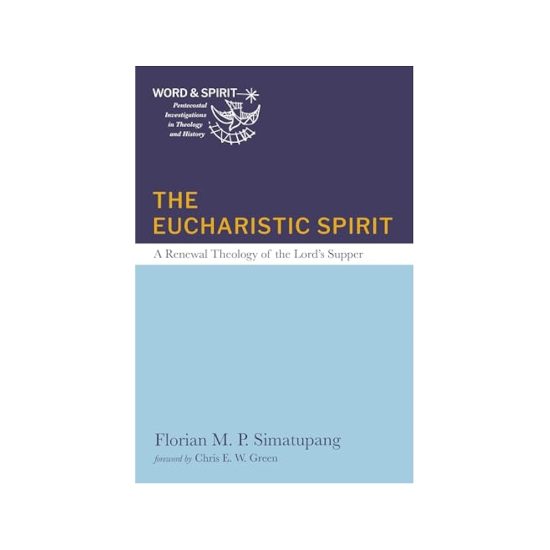(ABP) — I am currently finishing a book on the sacredness of life — the idea that each and every human life is of equal and immeasurable worth in the sight of God. Tracing the history associated with this idea involves the grim work of studying some of civilization’s worst rejections and negations of the sanctity of life, namely Nazism and Communism.

David Gushee
|
Part of what went wrong in both of these ideologies was the effort to use politics and government to save the world. The desecrations of human life in the name of these sacred projects of political salvation ought to give all of us pause, especially those who nurture fond hopes of the redemptive possibilities of government actions.
Nazism and Communism were political religions. Both operated from a theological, or quasi-theological, framework. Nazism sought regeneration, first of Germany and then of the world, through the racial/ethnic “cleansing” of the world’s most dangerous “polluting” peoples. Communism sought the world’s redemption through the destruction of capitalism and those most associated with its abuses.
Both ideologies explicitly rejected the biblically rooted belief that individual human life has sacred worth and that governments are limited in what they can do to human beings by moral or legal constraints. One might say that they rejected Christian ethical constraints even while pursuing theologically laden eschatological projects through the state. They sought a redeemed world, believed that violence was both necessary and appropriate in pursuit of this redemption, and rejected ancient moral constraints such as the quaint notion that individuals have human rights.
The warning from these genocidal ideologies is two-fold. First, any ideology that teaches us to set aside the sacred worth and human rights of any group of human beings is extremely dangerous. Second, any government that adopts projects of political redemption of any type is also extremely dangerous.
This then raises the question of whether we can spot any contemporary regimes engaged in such projects of political redemption.
Andrew Bacevich, author of Washington Rules and other important books, can think of one. He argues that the United States has been pursuing a project of fixing the world through global military intervention since the days of the Cold War. He calls our national security consensus “the American Credo.” This credo, he says, “summons the United States — and the United States alone — to lead, save, liberate, and ultimately transform the world.”
This credo has enticed us into costly interventions around the world. Many have failed, draining the treasury and inflaming global hatreds against us that exist to our constant surprise.
Bacevich is right. No country is more likely than our own to envision its role in the world in redemptive terms. Hard experience has disabused most nations of such a vision. How many casualties will it take before we learn such modesty?
David Gushee is distinguished university professor of Christian ethics at Mercer University.
EDITORIAL DISCLAIMER: As part of our mission to provide credible and compelling information about matters of faith, Associated Baptist Press actively seeks a diversity of viewpoints in its columns, commentaries and other opinion-based content. Opinions expressed in these articles are not intended to represent ABP editorial policy and do not necessarily reflect the views of ABP's staff, board of directors or supporters.

